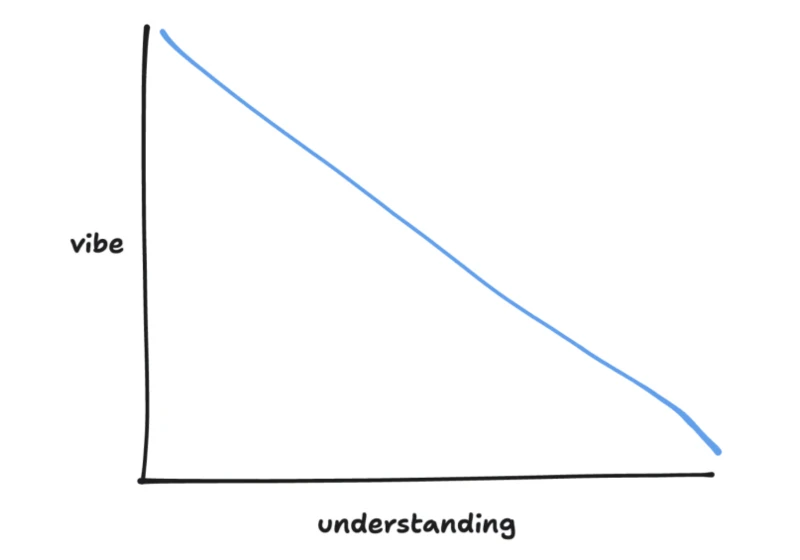
After 6 months of hard work, we’re launching Flowbite Design System v3.0! – fully integrated native tokens and variables – refreshed all UI components with modern 2025 design – massively improved performance and memory usage – improved usage documentation and more. https://webdesignernews.com/flowbite-launches-a-new-design-system/

34 lessons, Good design is imagination and inspiration, Creating design specs for development, Purposeful vs aesthetic naming, and more. https://webdesignernews.com/interaction-design-concepts/

As much as we don’t like forms (I personally like designing them, but filling them out is still a less than desirable experience) they are one of administrative adhesives that holds an organisation together. https://webdesignernews.com/designing-user-centric-forms-4-great-form-examples-2/

UX benchmarking allows us to track the long-term changes in the overall user experience of our product, while UX success metrics help us assess the short-term impact of a specific project or feature launch. https://webdesignernews.com/ux-benchmarking-vs-ux-success-metrics/

And I must admit: I didn’t know a lot about color in CSS (I still used rgb(), which apparently isn’t what cool people do anymore), so it has been a fun learning experience. One of the things I noticed while trying to keep up with all this new information was how long the glossary of color goes, especially the “color” concepts. There are “color spaces,” “color models,” “color gamuts,” and basically a “color”... https://webdesignernews.com/color-everything-in-css/

We recently got the new shape() function for clip-path which is a game changer for creating CSS shape. Another cool feature is on the way and will soon be available: corner-shape. https://webdesignernews.com/drawing-css-shapes-using-corner-shape/

This post shows the full process – start to finish – by actually designing a tiny app while we go. No designer in the loop, just vibes, taste, and a few rounds with an LLM. https://webdesignernews.com/an-engineers-guide-to-vibe-design-with-prompts/

If your role is linked with an area of business that impacts ROI, you can probably quite clearly tell in what way and by how much your design improves the company’s revenue. https://webdesignernews.com/about-impact-presenting-the-change-youve-made-through-your-decisions-as-a-designer/

Designing user interfaces is no easy task. With countless choices around layout, spacing, typography, and colour, it’s easy to feel overwhelmed. And when you layer in considerations like usability, accessibility, and human psychology, the challenge only grows. https://webdesignernews.com/14-logic-driven-ui-design-tips-to-improve-any-interface/


